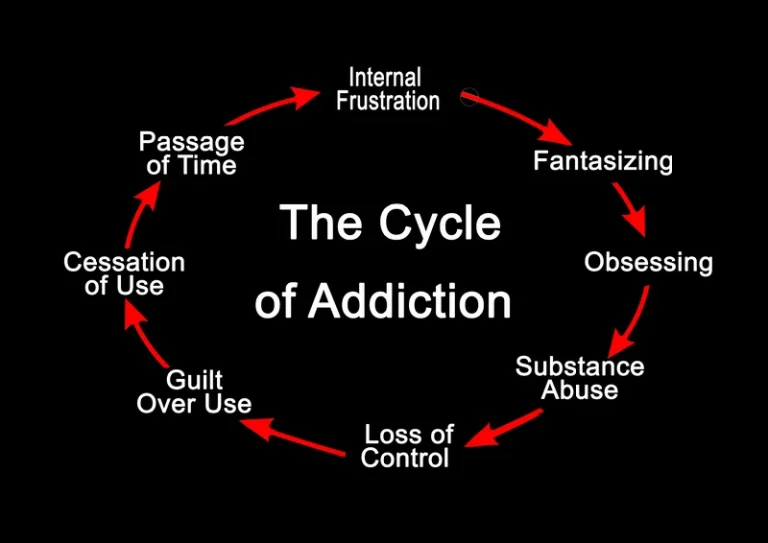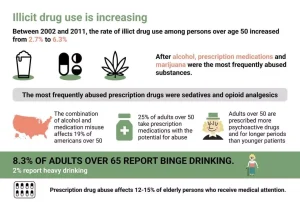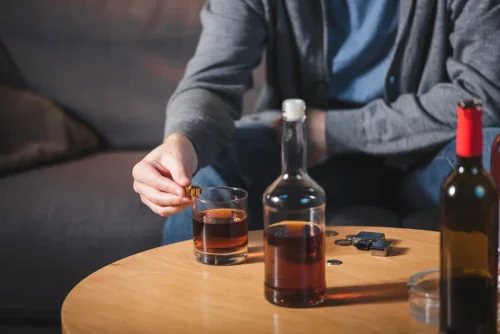Does Alcohol Thin Your Blood? Effects and Impact

For individuals on blood thinners, understanding the safe limits of alcohol consumption is crucial to avoid adverse health effects. Blood thinners, or anticoagulants, are medications that prevent blood clots, and alcohol can interact with these drugs, potentially leading to increased bleeding risks. Medical experts generally recommend moderating alcohol intake when on blood thinners. It’s important to recognize signs of abnormal bleeding, such as nosebleeds or dark/tarry stools, which could indicate complications from mixing alcohol with blood thinners. While occasional drinking may not significantly interfere with anticoagulants, binge drinking or heavy consumption can lead to serious health risks.
Top doctors in ,
- People who said they drink a lot of liquor also tended to binge drink, which counteracts any helpful effects you might get from alcohol in moderation.
- Binge drinking, or having more than five drinks in a row, also makes getting AFib more likely.
- They protect you from bleeding too much if you’re injured or have surgery.
- If a person has certain risk factors for clotting, such as physical trauma, blood thinners can help prevent serious complications.
But sometimes, a blood clot can form in — or travel to — an artery that supplies your heart or brain with oxygen-rich blood. When you’re injured, https://ecosoberhouse.com/ blood cells called platelets rush to the injury site. Platelets also release proteins called clotting factors that form a plug to close the hole.

What foods to avoid while on Eliquis

New research has found that moderate consumption, meaning one or two drinks per day, can decrease cardiovascular disease risk. While the mechanism behind why this happens is unclear, the theory is that this moderate consumption reduces stress reactivity in the brain. Research has found that alcohol affects the process of blood coagulation. “Coagulation” is a term used to describe the process of blood cells known as platelets sticking together.
How to Manage Side Effects
Short-term effects occur because of how alcohol impacts receptors in the blood. Specific blood vessels near the heart rely on receptors to keep blood pressure at a healthy level. When alcohol is in the blood, these receptors do not function as they should.
Like vitamin K, these all contain compounds that can counteract the good things that blood thinners do. Watermelon, apples, bananas, pears and peaches are also safe fruit choices. The treatment of alcohol dependency involves a variety of different methods. The National Institute on Alcohol Abuse and Alcoholism (NIAAA) and the National Institute of Health (NIH) are both trusted sources you can access to get help for yourself or a loved one.
Understanding the Impact of Alcohol on the Body
It’s recommended to limit alcohol intake to no more than one drink/day for women and no more than two drinks/day for men. It’s advisable to spread alcohol consumption over at least three days. If you are concerned about enjoying a glass of wine after taking Aspirin, continue reading to learn about the risks and safety considerations of mixing alcohol and blood thinners. Ultimately, the safest approach is to consult with a healthcare professional who can provide personalized guidance based on one’s health status and the type of blood thinner medication being used. Check with your doctor before eating these foods if you’re taking a blood-thinning medication because they could thin your blood too much and increase your risk of bleeding. Tell your dentist you’re taking blood thinners to avoid excessive bleeding during regular teeth cleanings.

Of course, healthcare professionals are here to assist and support you along the way. If you know you’re vulnerable to alcohol misuse, try not to put yourself in an environment that will encourage excessive intake. There’s more than one kind of blood thinner, and they work in different pathways within the body. According to research, moderate consumption of alcohol has been found to cause a small increase in your HDL (good) cholesterol. When little blood vessels get injured from everyday activities, you may also notice small bruises appear on your skin.
Preventing Blood Clots by Overcoming Alcohol Abuse
- This is especially true thanks to the approval of several newer drugs, which you take by mouth, within the past 10 years.
- Taking both together could compound the anticoagulant effect and increase your risk of bleeding.
- Your doctor will discuss the risks and benefits with you and determine which medications are best for you.
- Thus, patients should be advised to limit the frequent use of caffeine-rich products i.e. tea and coffee during warfarin therapy.
Thrombin inhibitors work by attaching to thrombin, keeping it from assisting clotting processes. They are often used as alternatives to heparin and its variants, especially to prevent the formation of clots after blood thinners and alcohol certain medical procedures. Heparin is a medication that inhibits clotting by activating your body’s anti-clotting processes. One of the anticlotting processes uses a type of blood protein called antithrombin.

